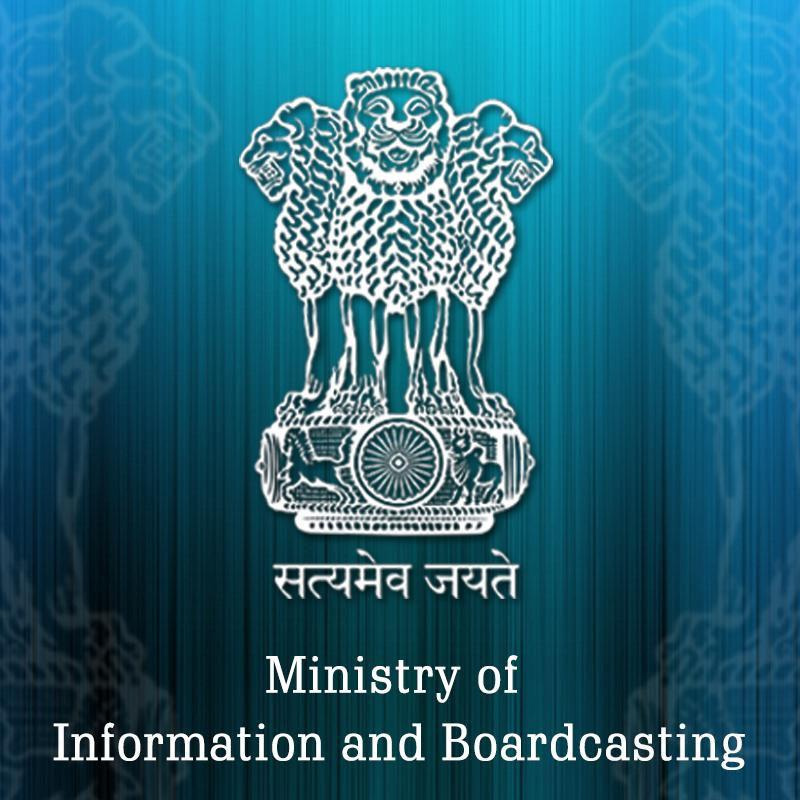Contradictions in Cable Bill to ban illegal channels: Parliamentary Committee
NEW DELHI: A Parliamentary Committee has strongly recommended that various inconsistencies and infirmities in the Cab
NEW DELHI: The central government has directed all cable and direct-to-home (DTH) television platforms not to carry SS TV channel for a fortnight from the midnight of 15 January to the midnight of 30 January for telecasting the trailer of adult film ?Friends with benefits? on 30 September 2011.
Television transmission platforms have also been prohibited from carrying Zing and Enterr 10 television channels for one day from midnight of 12 January for telecasting adult films in violation of the programme code.
The orders follow decisions of the inter-ministerial committee of the Information and Broadcasting (I&B) Ministry that the telecasts were in violation of Rule 6(t) (n) and Rule 6(t)(o) of the programme code under Cable Television Networks (Regulation) Act, 1995 and rules framed there under.
The SS TV channel (then SS Music Channel) had telecast a trailer of adult feature film ?Friends with Benefits? even though it was not certified by CBFC for telecast on TV channels.
While Zing TV had telecast the adult film ?Hawas? in January, the Enterr 10 channel telecast three Hindi feature films -- ?Musafir? on 29 September 2011, ?Plan? on 19 October 2011 and ?Aashiq Banaya Apnne? on 31 January 2012.
In the case of ?Hawas?, the directive noted that the film showed visuals of passionate love making and kissing scenes between a couple, who were shown to be clinging to each other and writhing in bed in an explicit portrayal of sexual desires overpowering them. Such a portrayal is distinctly meant for adult audience, for which CBFC had appropriately given "A" certification to the said film.
In all cases, show cause notices were issued to the channels and their replies and counter-replies considered before the action was announced. The committee had also given the channels a hearing before finalising the orders on Tuesday.
NEW DELHI: A Parliamentary Committee has strongly criticised the Information and Broadcasting (I&B) Ministry for never having ‘bothered‘ to monitor the implementation of the Cable Television Networks (Regulation) Act 1995, a central legislation.
In a report presented recently, the Parliamentary Standing Committee on Information Technology has also said the ministry ‘never attempted to know as to how the issue of transmission of anti-national content by various service providers is being addressed internationally‘.
It noted that no survey had ever been made to see the impact of implementation of the Act, and particularly the implementation of section 16 which provides the penalty for contravening any of the provisions of the Act.
The Committee said it "deplored the way the amending legislation has been brought without knowing the ground reality".
In a report after examining the Cable Television Networks (Regulation) (Second Amendment) aimed at checking telecast of illegal channels, the committee said that even though the I&B Secretary acknowledged that there are many technological issues which have strong technological implications for which there is a need for an expert body to advise and guide the ministry, it did not bother to consult the various stakeholders which include cable associations and broadcasters‘ associations.
The committee noted that several complaints had been received by the central government against cable operators showing illegal channels. The Intelligence Bureau had identified around 25 such channels and informed the government that the contents of these channels were not conducive to the security environment of the country and pose a potential threat to the peace and security of the country. There have also been instances of illegal carriage of terrestrial channels by cable operators in some border areas of the country.
The proposed amendment to the Cable Act seeks to check transmission of illegal channels by cable operators in spite of various measures taken within the ambit of the extant law to stop carriage of these illegal channels. The amendment aims to make the provisions more stringent and also to enhance the punishment, in order to have the necessary deterrent effect.
The ministry informed the committee that it is easy for cable operators in border areas to take the feed of terrestrial channels of neighbouring countries which are not allowed to be shown in India. It said cable operators can pick illegal channels via broadband/internet or IPTV, mobile TV or video streaming and re-transmit them.
The committee said the ministry should have considered early digitisation of delivery of television channels in border areas to eliminate the possibility of carriage of illegal channels.

 switch
switch
 switch
switch